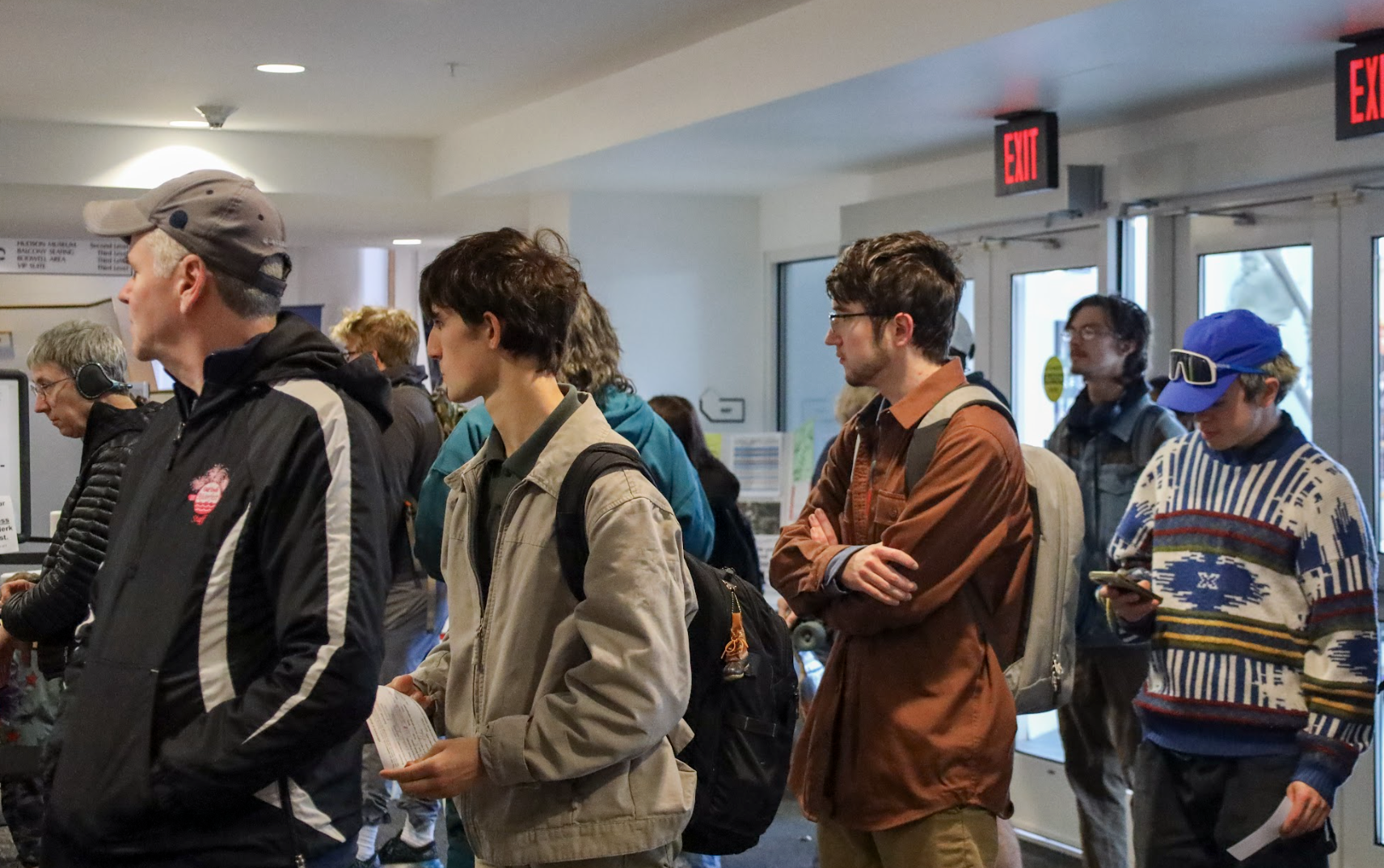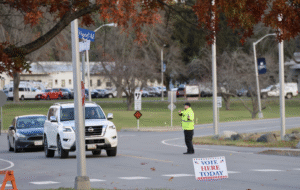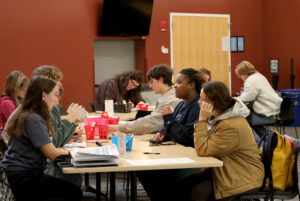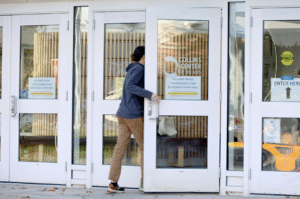The Maine Campus, in conjunction with the University of Maine Communication and Journalism department, toured the Memorial Union. We asked the UMaine community about their opinions on Question 1.
Question 1 states, “Do you want to change Maine election laws to eliminate two days of absentee voting, prohibit requests for absentee ballots by phone or family members, end ongoing absentee voter status for seniors and people with disabilities, ban prepaid postage on absentee ballot return envelopes, limit the number of drop boxes, require voters to show certain photo ID before voting, and make other changes to our elections?”
Earlier this morning, our poll revealed that of 100 people, 64 believed Question 1 to be the most important option on the ballot. On one side of the aisle, there are worries about the negative ramifications that enacting this could have on absentee voting. Those advocating for its enactment are in favor of making voting more secure by requiring photo IDs.
The polls saw a slow crawl in the early afternoon, with windy weather and rain deterring voters to later in the day. When asking students on campus about their thoughts on Question 1, the opinions were split.
With nine people initially polled, seven told the Maine Campus that photo IDs should not be required for voting. Another student was hesitant to answer, with it too complicated an issue to have a holdfast opinion on. One answer was that Question 1 should be passed to make voting more secure.
Confidential Resource Advisor (CRA) with the UMaine Counseling Center, Jen England, told Maine Campus about her opposition to Question 1.
“Because of how the issue is set up and being framed, folks with tribal IDs wouldn’t be able to present that, even though it is a valid form of identification. So, it is really limiting people’s access,” said England.
Wabanaki and other Indigenous voters in Maine have identification cards that would not be conducive to Question 1. Some criticize this to be exclusionary, like Maulian Bryant, the executive director of the Wabanaki Alliance, who told Maine Public,
“That is just unacceptable to us at the Wabanaki Alliance, and we find it, frankly, offensive.”
England also touched on absentee voting.
“This [Question 1] could be challenging for not just folks who are out of state, but disabled folks and the elderly. It is an issue beyond the photo ID,” said England.
Theater major and freshman, Lily Giroux, told Maine Campus that while it depends, she ultimately thinks that photo ID should be used.
“So you can prove it’s actually you and you aren’t pretending to be someone else,” Said Giroux. However, in cases where voters are transgender with old identification, she says it is “a little bit of a conflict.”
Student Peter Curcio told Maine Campus, “I voted no on Question 1, I think we need to protect absentee ballots and protect the voting rights of people in this state.”
Similar to England, student Hayden Heathcoat also raised concerns for absentee and disabled voters if Question 1 were to be passed.
“Absentee voting has always been important. It has always been important to people who can’t really get to where they need to go to vote, like disabled or otherwise
Stay tuned for further coverage.






